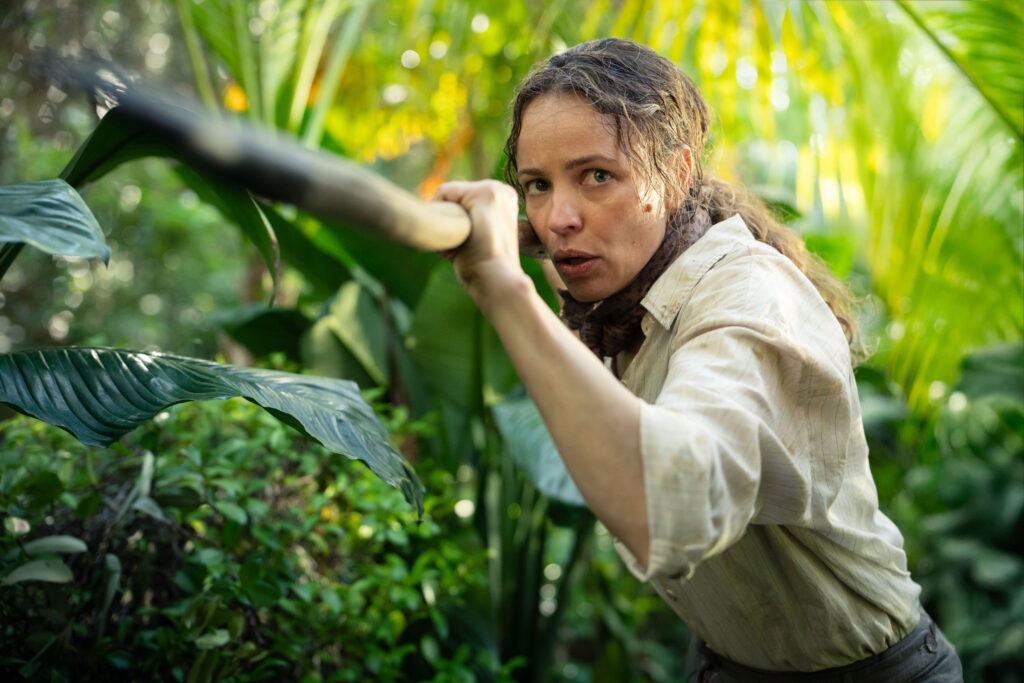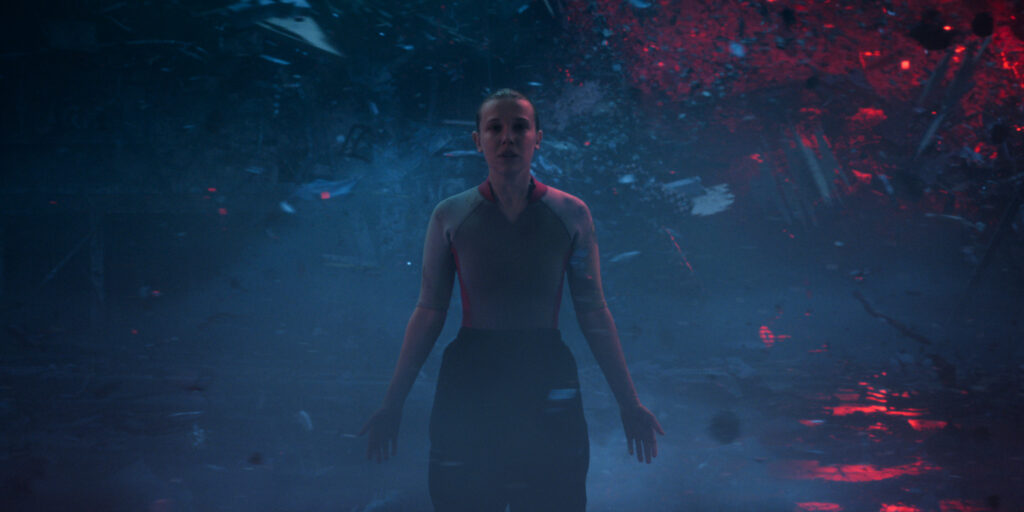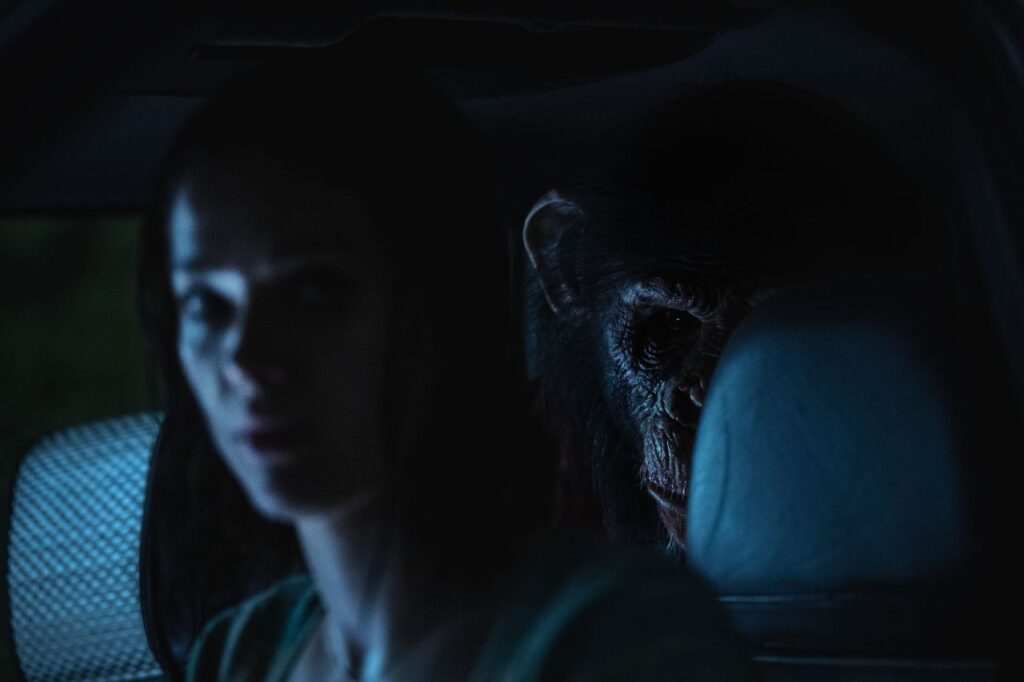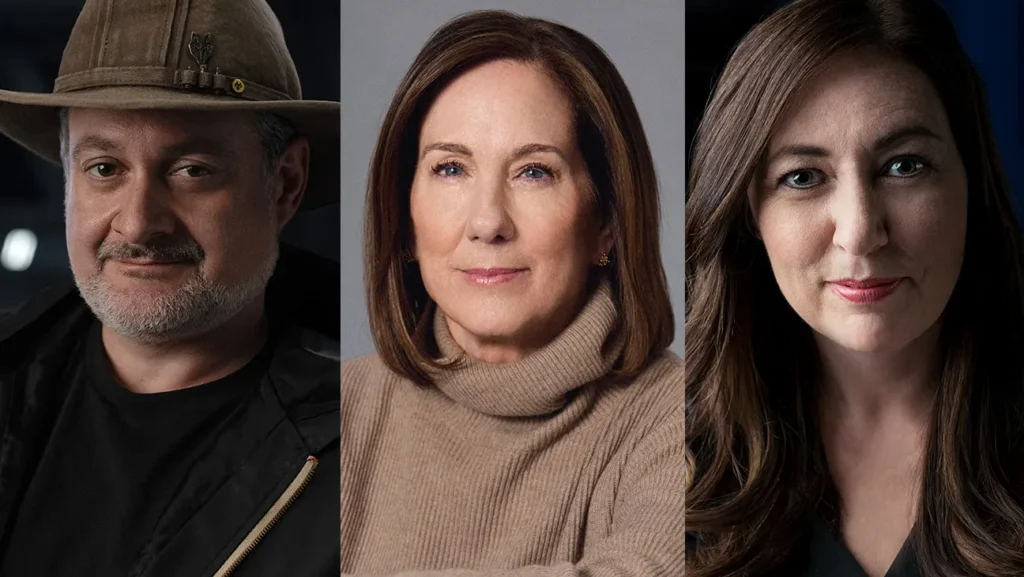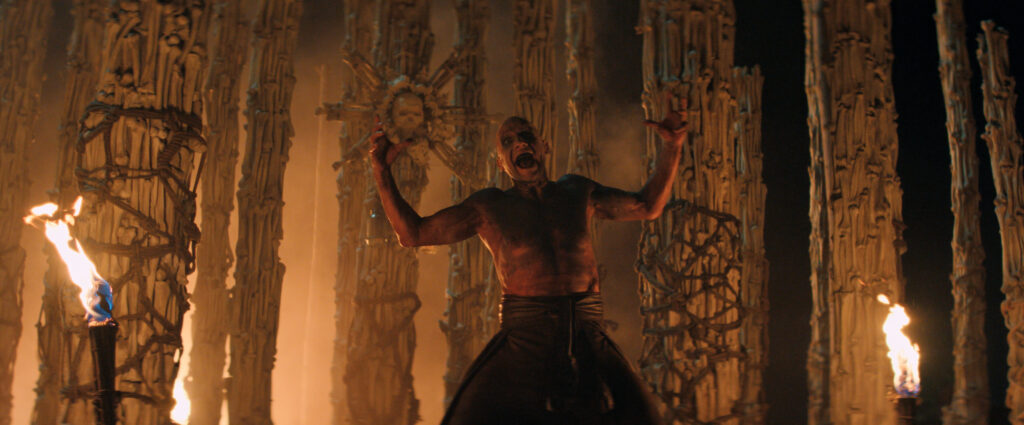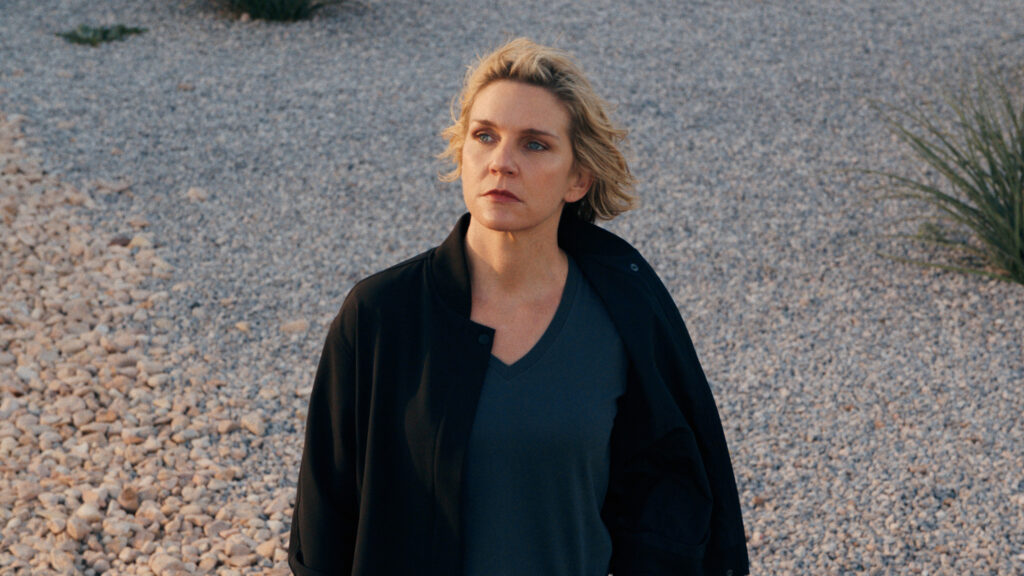Horror movie sequels are always a bit of a coin toss — you never quite know what you’re going to get. While many films in the genre have achieved iconic status and helped shape the trajectory of filmmaking, few of their sequels manage to stand as tall as the originals. Black Phone 2, the follow-up to the 2021 hit, reunites director Scott Derrickson with stars Ethan Hawke, Mason Thames, and Madeline McGraw in a chilling yet emotionally resonant continuation of the story.
From a filmmaking standpoint, Black Phone 2 intrigues by creatively incorporating different visual formats to enhance its atmosphere. Most notably, Derrickson uses Super 8 film for the film’s dream sequences (more on those in a bit), taking full advantage of the format’s distinct aesthetic. The heavy grain, saturated colours, and occasional light leaks create a tactile, almost nightmarish texture that digital simply can’t replicate. It’s a smart stylistic choice that not only sets these scenes apart but heightens their unsettling, otherworldly quality — perfectly suited for horror.
If The Black Phone was Finney’s (Mason Thames) story, then Black Phone 2 undeniably belongs to Gwen (Madeline McGraw). Wrestling with her evolving supernatural abilities, the sequel expands the film’s mythology, offering a clearer glimpse into a world that was only hinted at in the original. This shift gives McGraw the most to work with narratively — and she delivers, grounding the story with emotional depth and urgency. The supporting cast holds their own, but once again, it’s Ethan Hawke who steals the show. His return as the Grabber not only matches but arguably surpasses his chilling performance in the first film, bringing even more menace and complexity to the character.
Where Black Phone 2 stumbles slightly is in its pacing. With a runtime of 114 minutes, the film feels longer than it actually is — largely due to its heavy reliance on dream sequences to drive the story forward. While these moments are visually compelling, they can cause the first act to feel drawn out and somewhat repetitive. That said, the slower approach does pay off by the final act, as the film shifts its focus toward more emotional, familial themes that give the climax real weight.
Black Phone 2 may not deliver the same tight, relentless pacing as its predecessor, but it earns its place as a worthy sequel by deepening its characters, expanding its supernatural world, and maintaining a strong emotional core. Scott Derrickson’s stylistic choices and the committed performances, especially from Madeline McGraw and Ethan Hawke, elevate what could have been a standard follow-up into something more thoughtful and resonant. It may take its time getting there, but when it lands, Black Phone 2 hits hard, proving that horror sequels can still have something meaningful to say.

